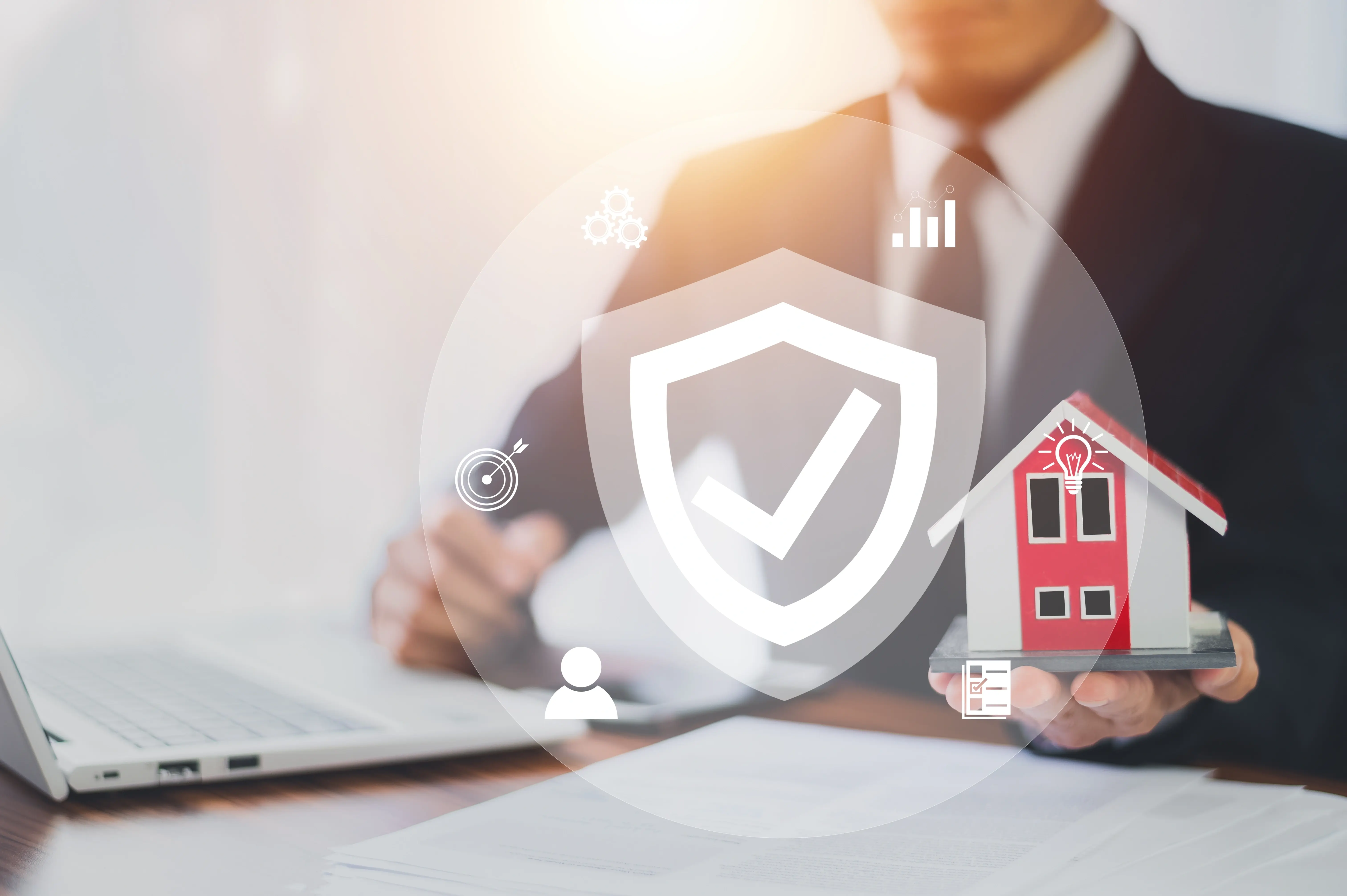Owning a home in the UAE is a dream come true for many, but protecting that dream is just as important as achieving it. The unpredictable nature of life - whether it's a natural disaster, theft, or accidental damage—means that having the right insurance is key to safeguarding your home and belongings. But where do you start, and how do you make sure you’re fully covered? In this article, we’ll take you through the steps of protecting your home and personal items with the right insurance in the UAE, ensuring you’re prepared for whatever life throws your way.
1. Why Do You Need Home Insurance in the UAE?
The UAE is known for its stable economy and safe environment, but no place is immune to risks. From fires to floods and break-ins, unexpected events can cause significant damage to your home and belongings. Home insurance offers financial protection, helping you recover and rebuild without dipping into your savings.
Whether you own a villa in Dubai, an apartment in Abu Dhabi, or rent a home elsewhere, home insurance provides peace of mind, ensuring that both your property and personal items are protected. The right policy means you won’t face huge financial losses due to unforeseen events.
2. Types of Home Insurance in the UAE
Before diving into how you can protect your home, it’s essential to understand the types of insurance available in the UAE
-
Building Insurance: This covers the structure of your home, including the walls, roof, floors, and any permanent fixtures like kitchens or built-in wardrobes. If you own a property, this type of insurance is a must.
-
Contents Insurance: Contents insurance covers your personal belongings inside the home, including furniture, electronics, clothing, and even artwork. Renters especially benefit from this, as it safeguards their possessions, even though they don’t own the property.
-
Comprehensive Insurance: A more robust option, comprehensive insurance includes both building and contents coverage, as well as additional protections such as personal liability and alternative housing costs if your home becomes uninhabitable.
3. Assessing Your Insurance Needs
To ensure you’re fully protected, start by assessing your specific needs
-
Are you a homeowner or a tenant? If you own your property, building insurance is crucial. Tenants, on the other hand, should focus on contents insurance to protect their personal items.
-
What is the value of your belongings? Take an inventory of your household items and determine their value. From electronics to furniture and high-value items like jewelry, knowing their worth will help you choose the right coverage limit.
-
Do you live in a high-risk area? While the UAE is generally safe, some areas may be more prone to specific risks like sandstorms, flooding, or theft. If you live in such areas, it’s important to ensure your policy covers these risks.
4. What Does Home Insurance Cover?
Different policies cover different risks, so it’s important to understand what protection you’re getting. Most standard policies in the UAE cover
-
Fire: Whether caused by an electrical malfunction or an accidental kitchen fire, this coverage is essential for all homeowners.
-
Water Damage: From burst pipes to leaks, water damage can be devastating. Make sure your policy covers this.
-
Theft and Burglary: Protect your home from break-ins and theft by ensuring your policy covers stolen or damaged items.
-
Natural Disasters: While rare, natural disasters like flooding or sandstorms can occur in the UAE. Ensure your policy covers natural disasters if you live in high-risk areas.
-
Accidental Damage: Some policies offer coverage for accidental damage, such as breaking a window or spilling liquids on your expensive electronics.
5. How to Get the Best Home Insurance Policy
Now that you understand your needs, it’s time to choose the right policy. Here are a few tips to help you find the best home insurance in the UAE
-
Compare Policies: Don’t settle for the first policy you find. Shop around, compare prices, and understand the coverage limits and exclusions. Online comparison tools can make this process easier.
-
Read the Fine Print: Carefully read the terms and conditions to ensure you understand what’s covered and, more importantly, what’s not. Some policies may exclude certain high-risk items or natural disasters.
-
Consider Add-Ons: Many insurers offer optional add-ons, such as coverage for valuable items, personal liability, or temporary housing. If these are important to you, factor them into your decision.
-
Ask for Discounts: Some insurers offer discounts for things like installing security systems, bundling home and car insurance, or staying claims-free for a certain period. Don’t hesitate to ask about available discounts.
6. What to Do When You Need to Make a Claim
Even with the best insurance policy in place, making a home content insurance claim can feel stressful. However, knowing the steps ahead of time can help make the process smoother
-
Document Everything: Take photos of the damage, and gather receipts for any stolen or damaged items. This will help your insurer assess the situation and speed up the claims process.
-
Contact Your Insurer Immediately: Most insurers in the UAE have a 24-hour claims line. Contact them as soon as possible to report the incident and follow their instructions.
-
Stay Updated: Keep track of your claim’s progress, and don’t hesitate to follow up if there are delays.
Conclusion
Protecting your home and belongings with the right insurance policy is an investment in your future. Whether you’re a homeowner or a tenant in the UAE, having the right coverage ensures that you can recover quickly from any setbacks. Take the time to assess your needs, shop around for the best policy, and stay informed about what your insurance covers. That way, you can rest easy knowing that your home and everything in it is protected.
